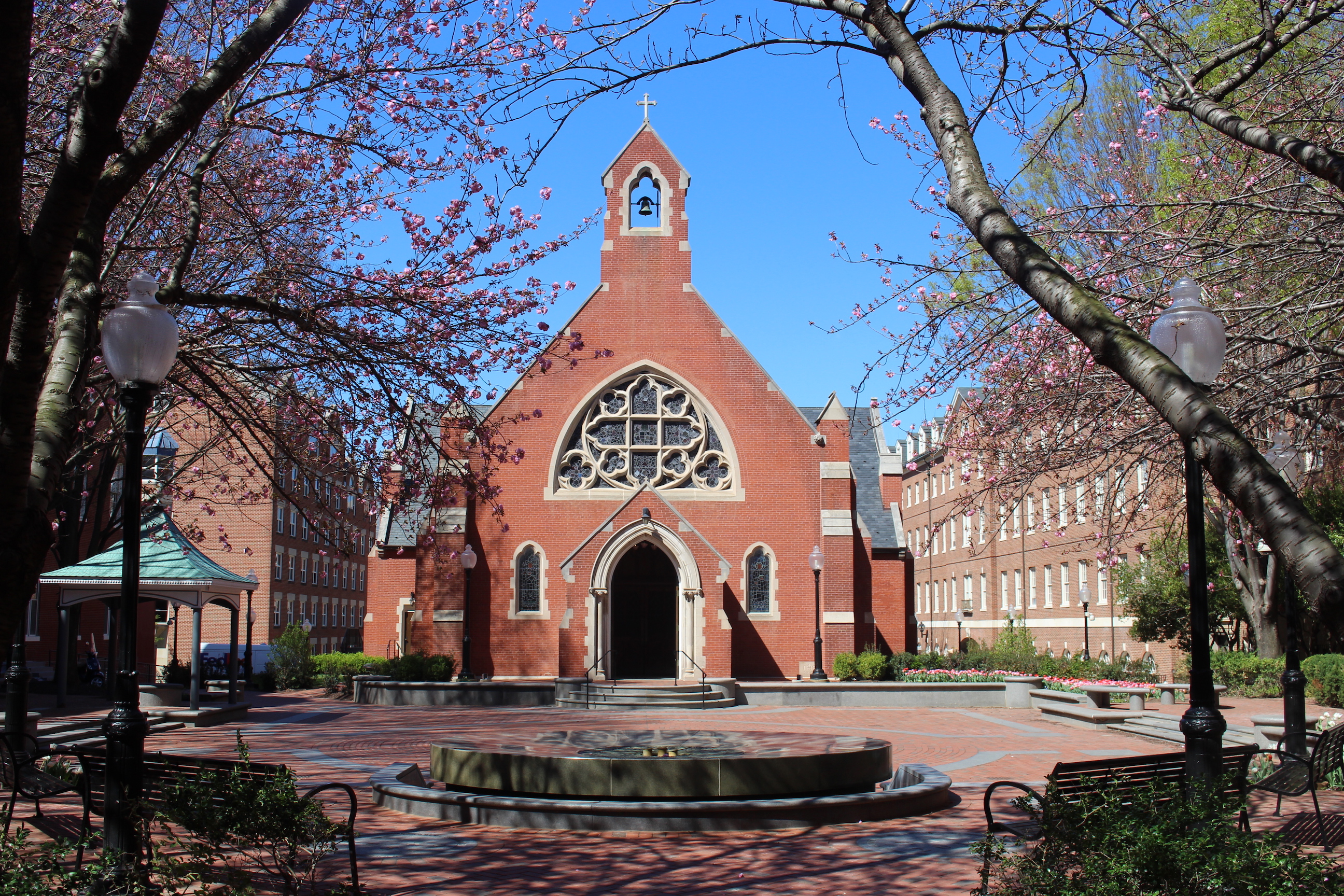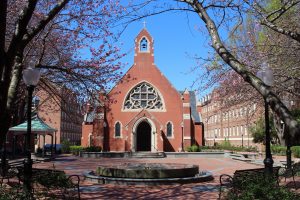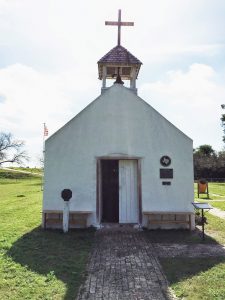Four panelists discussed clerical sexual abuse in the Catholic Church at an event in Gaston Hall on Sept. 25. The event was hosted by Georgetown’s Initiative on Catholic Social Thought and Public Life.
The panel, which was comprised of an attorney, a journalist, a theology professor, and a survivor of clerical sexual abuse, sought to explore questions of trauma, accountability, and leadership in light of what John Carr, the moderator of the panel and director of the initiative, described as a “moral catastrophe.”
The discussion began with Kevin Byrnes, an attorney and clerical abuse survivor, describing the decades-long aftermath of his sexual abuse by his local priest starting when he was eight years old.
“When I told my parents about it, my mother beat me with a strap. For four decades, I hid that fact,” Byrnes said. “The worst lesson was the fundamental feeling my entire life that I was damaged goods, that there was a God and He didn’t like me very much.”
The abuse, he said, led to depression, addiction, and a suicide attempt.
Karen Tumulty, a practicing Catholic and columnist at the Washington Post, explained the frustration and anger felt by many parishioners toward the responses from church leaders, which is perceived as lip-service instead of holding abusers accountable.
“I think most lay people, they don’t want to hear about canon law, until we feel that the church is doing the first thing, which is dealing with the kind of law that puts people in jail,” Tumulty said.
Her own church, she said, reacted in a tone-deaf way, by imploring parishioners to continue donating to the church after the scandal.
Robert Bennett (COL ’61, LAW ’64), an attorney who has investigated clerical abuse, emphasized how “rampant” the problem is throughout the leadership of the Church.
He described a leadership thoroughly entrenched against progressive reforms for which many lay people are advocating.
“It’s a very selective men’s club, mostly all white, mostly old. They resist change, they have some sort of inherent dislike for women, except for the blessed mother, maybe,” he said.
Dawn Eden Goldstein, a Catholic theology professor and survivor of sexual abuse in her childhood synagogue, expressed a point of tension felt by many members of the church: a fundamental belief in the theology of the church, and a lack of faith in the institution.
“If every human being on earth believed and practiced what the Catholic Church teaches about human dignity, I would not have suffered abuse, no one would suffer abuse,” Goldstein said.
The talk came on the heels of a Pennsylvania grand jury report that accuses more than 300 Catholic priests in the state for the abuse of over 1,000 children over more than 70 years, and the subsequent cover-up efforts.
The current and former Archbishops of Washington, Cardinals Donald Wuerl and Theodore McCarrick, respectively, are also embroiled in the abuse scandal. Both men currently have honorary degrees from the university, which students have petitioned university officials to revoke in light of the report.
Members of the greater D.C. community shared their own stories of clerical abuse, qualms with the church, and suggestions for reform after the panel. One audience member asked what Georgetown, as the nation’s oldest Catholic university, could do to combat abuse.
Byrnes suggested the university could offer a course specifically on clerical sex abuse.
University President John DeGioia sent an email to the university community on Sept. 4 to address the issue. “The most vulnerable among us must be protected. They deserve the very best work we are capable of providing.” DeGioia wrote.





